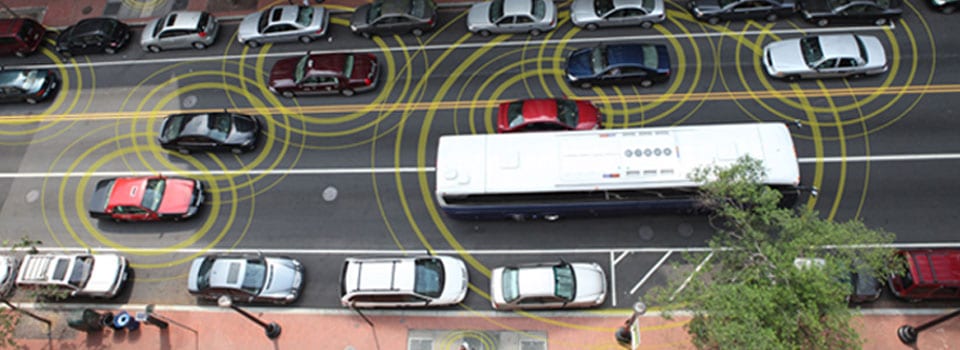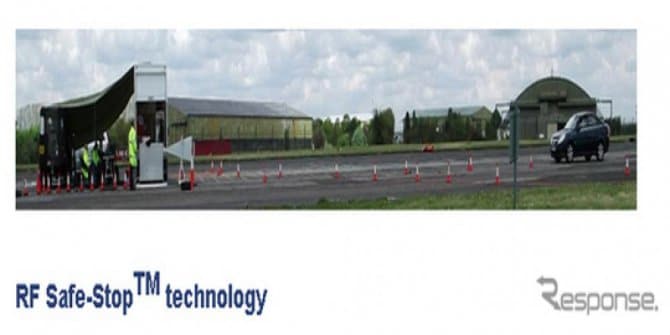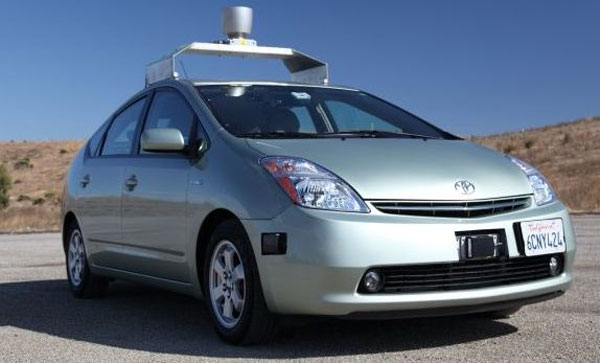Connected vehicles are a big new area of investment. We saw evidence of that at the recent Consumer Electronics Show (CES) and we’re hearing a lot more about it this week, as carmakers strut their stuff at the North American International Auto Show. Security isn’t generally part of the conversation, but as we’ve noted here on more than one occasion: connected vehicles introduce a myriad of challenging security problems, from authentication to communications and system integrity, not to mention data privacy. [Read more Security Ledger coverage of connected vehicles here.] Now networking giant Cisco says that it sees a role for its technology in protecting vehicle area networks (VANs), just as the company’s networking equipment enabled and protected local and wide area networks (LANs and WANs) over the last two decades. In a blog post, Cisco said it is rolling out “a range of products and services” that it […]
NHTSA
Senator Asks Automakers About Cyber Security, Privacy Plans
Cyber attacks on so-called “connected vehicles” are still in the proof of concept stage. But those proofs of concept are close enough to the real thing to prompt an inquiry from U.S. Senator Ed Markey, who sent a letter to 20 major auto manufacturers asking for information about consumer privacy protections and safeguards against cyber attacks in their vehicles. Markey’s letter, dated December 2, cites recent reports of “commands…sent through a car’s computer system that could cause it to suddenly accelerate, turn or kill the breaks,” and references research conducted by Charlie Miller and Chris Valasek on Toyota Prius and Ford Escape. That research was presented in an August demonstration at the DEFCON hacking conference in Las Vegas. [For more on the security threats facing connected vehicles, check out this link.] “Today’s cars and light trucks contain more than 50 separate electronic control units (ECUs), connected through a controller area network […]
The French Disconnection: Radio Gun Stops Smart Cars In Their Tracks
You could call it “The Death of the Car Chase.” According to the BBC, a UK company, E2V is demonstrating the RF Safe-Stop, a 350 KG (770 lb) device that can shoot RF (radio frequency) pulses at moving vehicles, “confusing” the vehicle’s electronic systems and causing its engine to shut off, stranding both vehicle and driver. E2V’s Safe-Stop product is intended for use as a non-lethal weapon for the military and law enforcement and is marketed as a tool for “checkpoint enhancement,” “convoy protection” and “vehicle immobilisation” (sp). According to this BBC report, the device acts like a small radar transmitter, directing a beam of radio pulses (identified elsewhere as L and S-Band RF pulses) that saturate the wiring that connects the vehicles on board systems. Those pulses confuse the engine control unit and cause it to reset, stopping the vehicle. Safe-Stop sends a continuous stream of pulses to keep the ECU confused […]
Identity Management’s Next Frontier: The Interstate
Factory-installed and even aftermarket identity management applications may soon be standard components on automobiles, as the federal government looks for ways to leverage automation and collision avoidance technology to make the country’s highways and roadways safer. That’s the conclusion of a new report from the Government Accountability Office (GAO), which finds that vehicle to vehicle communications are poised to take off, but that significant security and privacy challenges must first be met, identity management top among them. The report, GAO 14-13 (PDF available here) takes the measure of what the GAO calls “Intelligent Transportation Systems,” including vehicle-to-vehicle (or V2V) technology. The GAO found that V2V technology that allows automobiles to communicate with each other in ways that can prevent accidents has advanced considerably in recent years. Automakers, working with the Department of Transportation, are testing the technology in real-world scenarios. However, the deployment of V2V technologies faces a number […]
When Autonomous Vehicles Crash, Is The Software Liable?
Many industries are wrestling with the blinding speed of technologic change. Mobile devices like smartphones and tablets are transforming the way employees work and customers interact with a business. And that doesn’t even take into account the (coming) revolution of smart devices and remote sensors that is referred to as The Internet of Things. But few industries are wrestling as hard with the implications of that change as the Insurance industry, which must assess the long-term impact of huge forces like technology innovation or, say, climate change on risk. One example: how will the advent of autonomous vehicles or even computer augmented driving change the auto insurance business? And, when two computer-guided cars crash, who (or what) is liable? Those were some of the questions posed to attendees at this week’s Emerging Technology (or EmTech) Conference at The Massachusetts Institute of Technology (MIT). The speaker, Joe Coray, is the Vice […]




